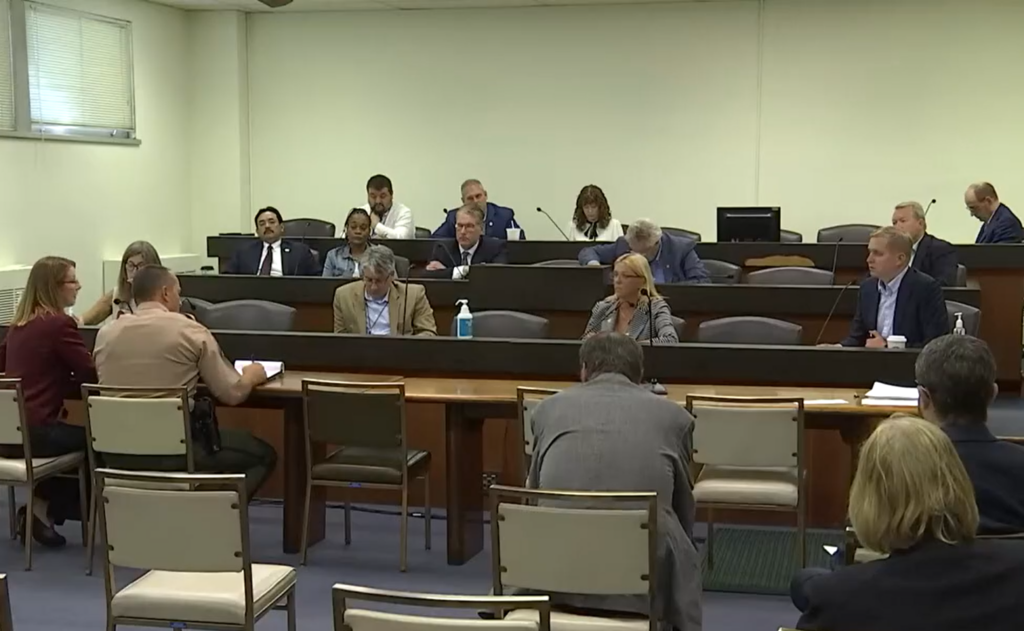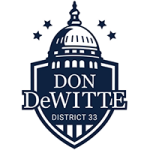New Back 2 Business Grants

The Illinois Department of Commerce and Economic Opportunity (DCEO) recently announced the Illinois B2B NewBiz grant program that became available on November 30. This new program extends financial relief to businesses that started during the COVID-19 pandemic in industries that were most impacted by it. Grants are for businesses that have not been eligible for state grants and most of the federal emergency support thus far.
Business owners can learn more and apply for the Illinois B2B NewBiz grant on the grant portal, at https://b2bnewbiz.com, until January 11, 2024. To be eligible for a grant award of up to $30,000, for-profit businesses and non-profit organizations must meet all of the following criteria:
- Started operations between January 1, 2020, and December 31, 2021.
- Had gross receipts of at least $25,000 and up to $20,000,000 in 2021 (annualized if started during 2021).
- Currently has active operations in Illinois.
- Have not received a Back to Business (B2B) grant prior to 2023.
- Including Business Interruption Grant, Back to Business Grant issued prior to 2023, Shuttered Venue Operators Grant, or Restaurant Revitalization Fund Grant.
- Must meet one of the following two criteria:
- The business or nonprofit is in a priority industry as defined for the previous Back to Business grant program (a list of priority industries and their definitions can be found here).
- The business is majority owned by an individual or individuals who became eligible for and received unemployment insurance benefits – including from Pandemic Unemployment Assistance – between March 13, 2020, and the date the business began operations.
Strengthened “Clear and Present Danger” Law is Working in Illinois

Following the tragic mass shooting at the Highland Park 4th of July parade in 2022, it was learned that the suspect in that shooting was able to obtain a FOID card and legally purchase firearms, even though Highland Park Police had filed a clear-and-present-danger report with the Illinois State Police (ISP) just months prior. The report detailed that the shooter had threatened members of his family and had threatened to commit suicide.
The administrative rule in place at the time required the ISP to discard clear-and-present-danger-reports if there was no pending or active FOID card on record for the individual at that time. The troubled individual, armed with a firearm he purchased legally, climbed onto a rooftop along the crowded parade route and fired shots into the people gathered below, killing seven and wounding dozens more.
The shooting shined a light on a glaring loophole in the existing clear-and-present-danger law, which aimed to keep firearms out of the hands of unstable people intent on causing harm to themselves or others.
Following the Highland Park shooting, a new administrative rule was subsequently filed with the Joint Committee on Administrative Rules (JCAR) that required the ISP to keep all clear-and-present-danger reports on file, regardless of whether the individual has a pending or active FOID card at the time. I sit on JCAR and was pleased to have a voice in support of the strengthened rule that closed the loophole that allowed the Highland Park shooter to legally obtain a firearm.
The ISP recently released information that shows the strengthened clear-and-present-danger law is working. Click here to read their report.
When we keep firearms out of the hands of potentially dangerous people, we save lives. I was proud to support the clear-and-present-danger legislation when it was before the Senate, and I was proud to work with the ISP as a member of JCAR on the rule that strengthened their ability to get guns away from those who pose a danger to themselves or others. Rather than heaping more and more restrictions on lawful gun owners, this is a law that actually goes to the root of part of the problem.
New Form to Report Public Corruption
Have you witnessed public officials behaving badly? If so, you can now report suspected corruption directly to the ISP with a new form.
The form was created by ISP’s Special Investigations Unit, which is tasked with focusing on public corruption and conducting investigations into allegations of criminal misconduct committed by elected officials and appointees at the state, county, and local levels.
According to the agency, part of the aim of the form is to give people one place to report suspected wrongdoing and to clear up confusion about what agency or entity to report allegations to. ISP will triage form submissions and determine the proper agency to investigate.
The online form, which is for suspected public corruption only, is available at: https://isp.illinois.gov/CriminalInvestigations/SIUComplaintDisclaimerForm
Drought Conditions Returning to Illinois?
As Illinois farmers have now wrapped up nearly all of their harvest season, eyes are turning toward next year. Much of 2023 was dominated by early drought conditions across most of the state, along with fears over what it would mean for the state’s top industry.
According to data from the United States Department of Agriculture’s (USDA) National Agricultural Statistics Service, soil in the Land of Lincoln is getting dry once again. Their data shows that just 53 percent of topsoil is rated as having adequate or surplus topsoil moisture. This comes in significantly lower than data from the same point in 2022, when 72 percent of topsoil was considered adequate or surplus.
The U.S. Drought Monitor, a joint effort of the USDA, the National Oceanic and Atmospheric Administration (NOAA), and the National Drought Mitigation Center at the University of Nebraska, maps drought conditions throughout the country. Their current map shows a slight majority of the state in “Abnormally Dry” to “Severe Drought” conditions.
If dry conditions continue, it could be rough not only for the state’s farmers, but also for gardeners and anyone who takes pride in a thick, lush yard.
Looking ahead, the NOAA’s seasonal outlook shows winter temperatures in Illinois leaning warmer than normal, but the agency’s precipitation model indicates normal precipitation levels for the majority of the state. However, that same model also shows the potential for drier than normal conditions in the Northeastern part of Illinois.

